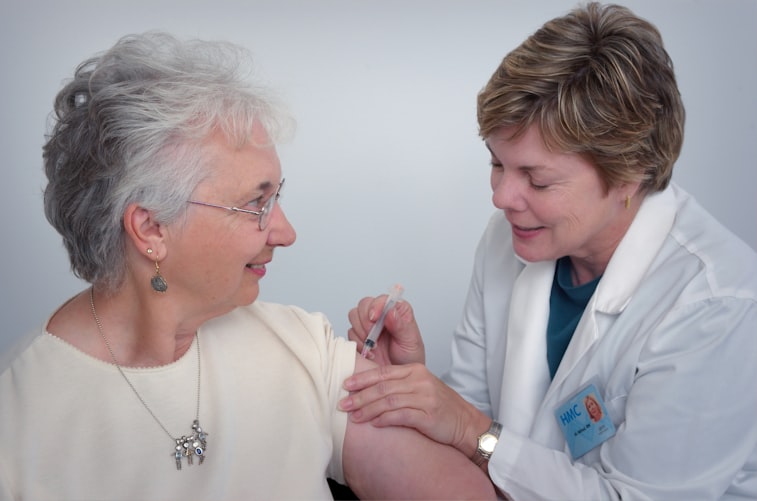Teenage pregnancy is a major issue in our society today, and it is important to consider the environmental influences that can lead to such an outcome. In this article, we explore the causes and effects of teenage pregnancy, as well as examine the environmental factors that may be at play. Read on to find out more!
Page Contents
Introduction to Teenage Pregnancy
As a teenager, you are going through a lot of changes. Your body is changing and you are growing up. You are also dealing with new emotions and learning how to cope with them. It can be a difficult time, and sometimes you may feel like you are not ready to be a parent.
If you are pregnant or think you might be, it is important to get medical help right away. There are many resources available to help you through your pregnancy and the first few years of parenting. You are not alone.
There are many reasons why teenagers become pregnant. Some teenagers do not have access to birth control or do not use it correctly. Others become pregnant because they were raped or abused. Some just want to become mothers because they feel ready for the responsibility. No matter what the reason, it is important to get medical care and support as soon as possible if you think you might be pregnant.
The earlier you get prenatal care, the better it is for both you and your baby. Prenatal care can help prevent some health problems, like low birth weight, and can also help find problems early so they can be treated before they cause harm to either of you. Getting regular checkups during your pregnancy is one of the best things you can do for yourself and your baby-to-be.

Causes of Teenage Pregnancy
There are many environmental influences that can contribute to teenage pregnancy. Some of these factors include:
- Peers and peer pressure: Teens may feel pressured by their peers to have sex and become pregnant. They may see their friends getting pregnant and think that it’s the cool or popular thing to do.
- Parents and family: If parents are not open and honest with their teens about sex, contraception, and the consequences of teenage pregnancy, then teens may be more likely to get pregnant. Additionally, if parents are teenage parents themselves, their children may be more likely to become teenage parents as well.
- Poverty: Teens who live in poverty are more likely to get pregnant than those who don’t. This is because they may not have access to birth control or information about how to prevent pregnancy. Additionally, they may feel like they have no other options in life besides having a baby.
Environmental Influences on Teenage Pregnancy
There are many environmental influences that can contribute to teenage pregnancy. Some of these influences may be direct, such as a teenager’s home life or the community in which they live. Other influences may be more indirect, such as the media or peer pressure.
One of the most direct environmental influences on teenage pregnancy is a teenager’s home life. If a teenager does not have a supportive and loving home life, they may be more likely to become pregnant at an early age. This is because they may not have anyone to turn to for advice and support, and they may feel that becoming pregnant is their only option.
The community in which a teenager lives can also be a significant influence on their likelihood of becoming pregnant. If the community is one where teenage pregnancy is common, it may be seen as more acceptable and even normal. This can make it harder for teenagers to resist peer pressure to become sexually active at an early age, and it can also make it harder for them to access contraception when they do become sexually active.
Conclusion
In conclusion, it is clear that there are many environmental influences on teenage pregnancy rates. These include societal expectations, family dynamics, access to education and healthcare services, poverty levels in the area, gender roles, and more. By understanding these factors better we can develop strategies for increasing awareness of contraception options as well as providing support to young people who may be considering becoming parents before they are ready. This will help reduce the risk of both short-term and long-term negative consequences for teenagers facing unplanned pregnancies.



